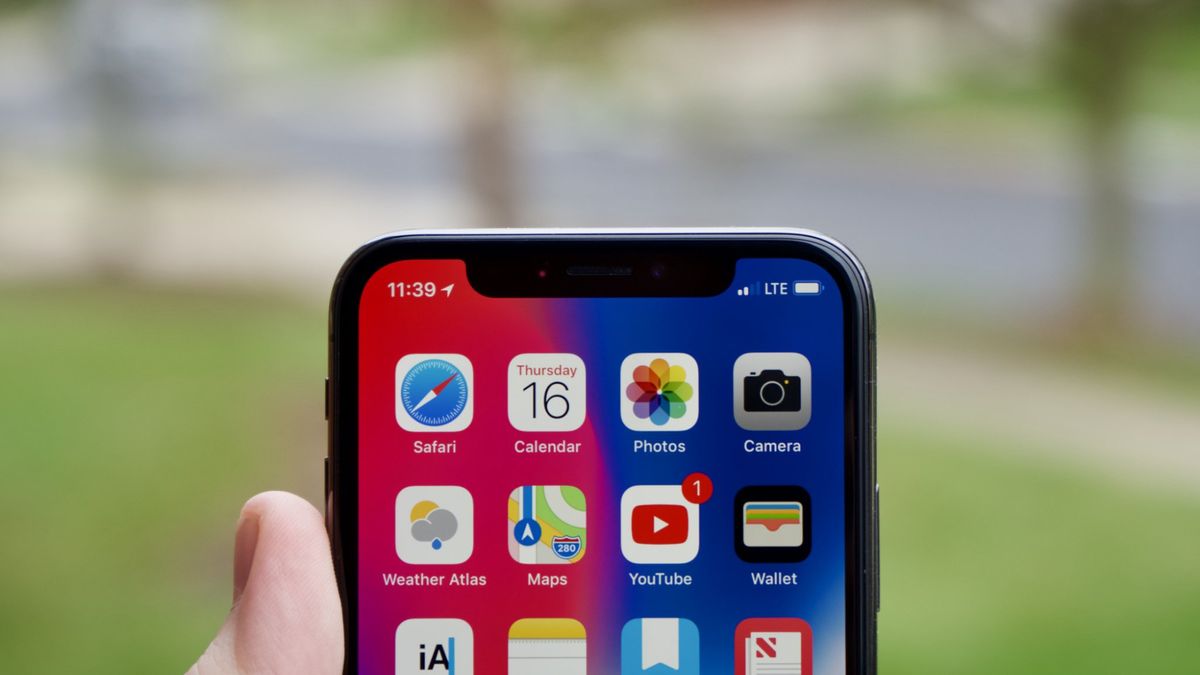The next best iPhone, the iPhone 16 Pro, is set for a number of big improvements. A new report suggests that Face ID could see a big improvement, thanks to a new material called Metalens being used for the front-facing camera.
Face ID is a facial scanning system to unlock your iPhone. It takes a mathematical model of your face with the TrueDepth camera, and checks it against the original scan of your face that you first registered. The TrueDepth camera is the hub of Face ID. It uses depth mapping to get a detailed picture of all the features of your face. The TrueDepth camera is made up of eight different parts, which, when used together, allow for the depth needed for proper facial scanning.
According to a new report from Digitimes, Apple could be giving its Face ID system a serious upgrade with new Metalens technology on the front-facing camera. Metalens technology is basically a new way to make lenses that are not only thinner and lighter, but also more efficient at bending light.
Unlike the chunky plastic lenses we’re used to, Metalens tech uses advanced techniques like photolithography (yes, the same thing chipmakers use) to create ultra-thin lenses that can seriously boost performance without adding bulk.
Digitimes’ report hints that Apple’s been tinkering with this tech for a while, with plans to first test it out on the iPad’s Face ID system before rolling it out to the iPhone. If all goes according to plan, we might see this new lens tech debut in the iPhone 16 Pro and 16 Pro Max later this year.
The brains behind this potential upgrade include some big names from Taiwan, like VisEra, which is already cozied up in Apple’s supply chain, and Asia Optical, which is diving headfirst into Metalens production.
Expect iPhone 16 Pro and 16 Pro Max to arrive next month, alongside iOS 18, the newest update for compatible iPhones.
